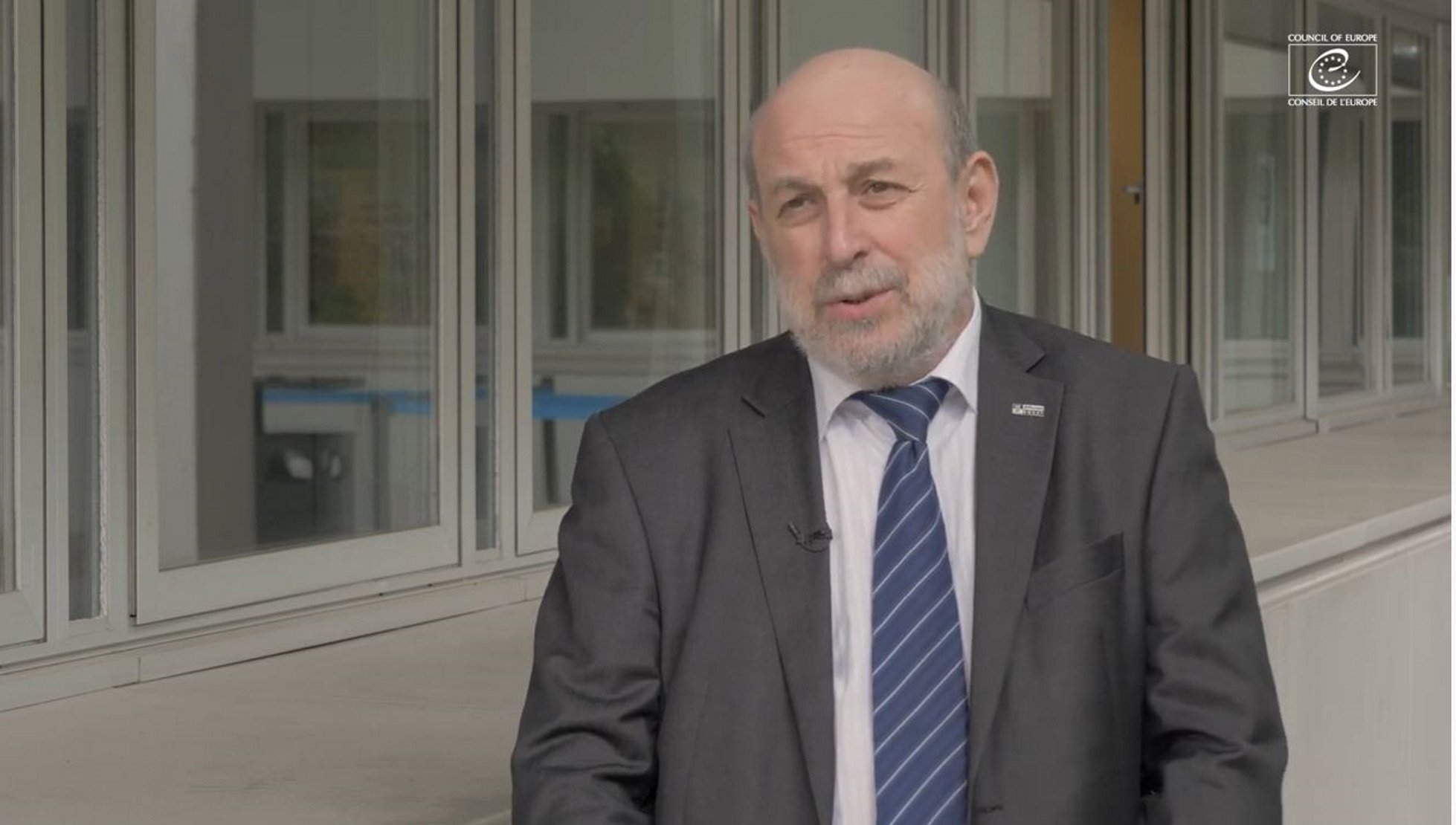The rapporteur who drafted the Council of Europe report calling for the release of the Catalan political prisoners and an end to the extradition claims against exiled leaders has said in a video interview that the pardons are not enough. Boriss Cilevičs said that, as well, the moves to pursue those who left the country have to end, and furthermore, Spain needs to stop taking reprisals against second-rank Catalan government officials, in a reference to many trials and investigations which are still continuing. Cilevičs asserted that pardons alone "obviously do not solve the problem."
"I am very happy to see that after the adoption of the Council of Europe resolution, the Spanish government has taken the decision to pardon the nine Catalan politicians who had been imprisoned for 3 years. This is one of the measures we recommended insistently, and it is a very good step in the right direction. Of course this does not solve the problem in itself, because there are still accusations pursuing lower-level politicians, and it is quite illogical that leaders of the political movement have been pardoned but their subordinates are still being tried and convicted for going in the same direction. And there is still the problem of the politicians who were persecuted and took refuge abroad, because the Spanish government still insists on extraditing them, although all extradition requests have so far been rejected, as has happened in Belgium and the United Kingdom,” noted the Latvian Socialist politician.
The author of the report approved this week stressed that the pardoning of the prisoners is important, but that the Council of Europe insists that judicial pursuit of the leaders in exile and the lower-ranked officials must be withdrawn. “This is better than heavy-handed court verdicts and putting your political opponents in jail,” he said.
According to Cilevičs, the problem with Spain - as distinct from Turkey, which also appeared in the report - is that the former imposed "clearly disproportionate" penalties against its dissident politicians. "Catalan politicians organized an unconstitutional referendum and ignored the requirements of the Constitutional Court and called people to protest. They certainly acted illegally, but the punishments cannot be at the level as if they had committed serious crimes. Thus, sentences of 9 to 13 years in prison are appropriate for rapists or murderers, but they are clearly disproportionate in this case. This is the problem that Spain has," he remarked.
The Latvian politician points out that this is a difference with Turkey. "The problem in Spain is not that it is forbidden to defend pro-independence ideas, but that the rule of law should include a principle of proportionality in the penalties on these issues," he said.
Approved by a large majority
The Parliamentary Assembly of the Council of Europe approved a report on 21st June which called for the release of the Catalan political prisoners and an end to the persecution of the Catalan exiles.
The text, under the title "Should politicians be prosecuted for statements made in the exercise of their mandate?" was passed with 70 votes in favour, 28 against and 12 abstentions, after a tense debate and a vote in which the amendments promoted by the Spanish deputies, attempting to dilute some of the document's key points, were rejected one after the other.

